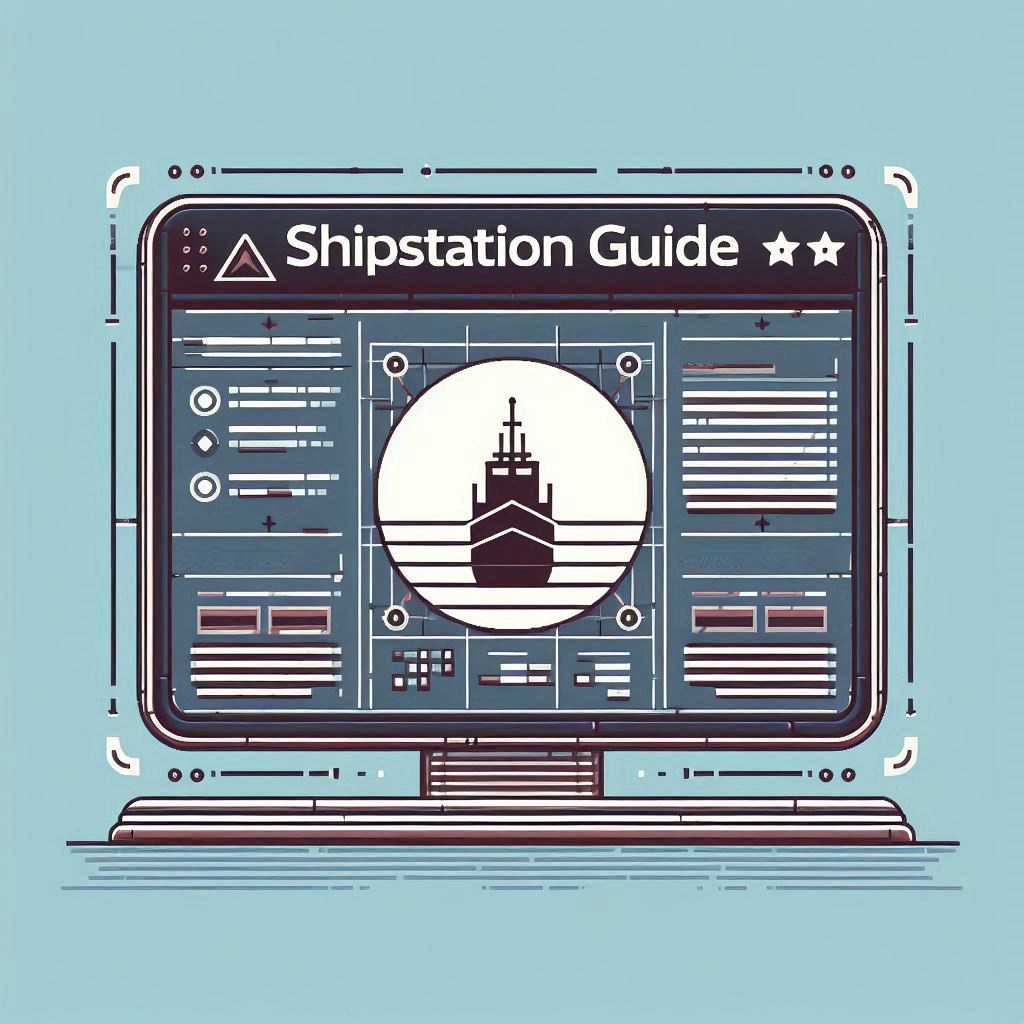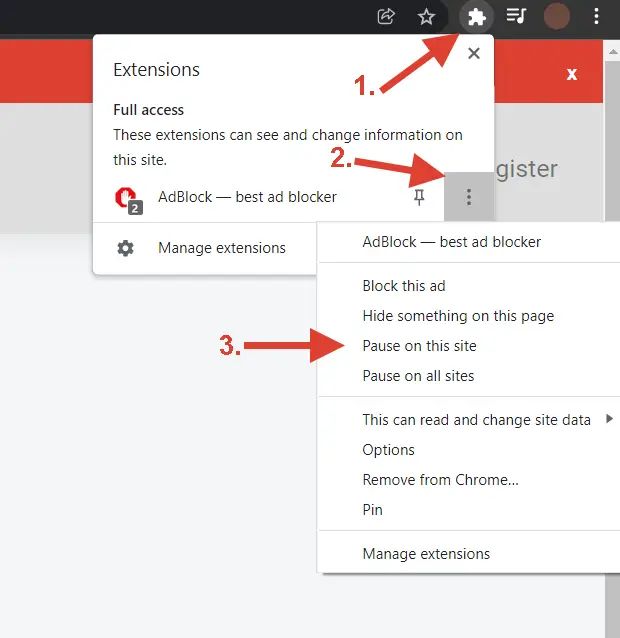In the fast-paced world of ecommerce, efficiency isn’t just a goal—it’s the key to survival and growth. Managing orders from multiple sales channels, comparing carrier rates, printing labels, and keeping customers updated can quickly become a full-time job. This is where ShipStation steps in, acting as a central command center for all your shipping operations. But its true power lies in its vast network of integrations.
This guide provides a deep dive into the world of ShipStation eCommerce fulfillment integrations. We’ll explore how connecting your online stores, marketplaces, and logistics partners can transform your shipping workflow from a complex chore into a streamlined, automated, and powerful asset for your business.
Table of Contents
- What is ShipStation and Why Do Integrations Matter?
- Core eCommerce Platform Integrations
- Connecting with Major Online Marketplaces
- Beyond the Sale: Fulfillment, Logistics, and ERP Integrations
- Frequently Asked Questions
What is ShipStation and Why Do Integrations Matter?
At its core, ShipStation is a leading web-based shipping software designed to make order fulfillment faster, cheaper, and more efficient for online businesses of all sizes. It allows you to import orders, create discounted shipping labels from top carriers, and automate many of the repetitive tasks involved in the shipping process.
However, ShipStation doesn’t operate in a vacuum. Its real strength comes from its ability to connect directly with the platforms where you sell your products. This is the magic of shipping fulfillment integration for shipstation. Instead of manually entering order data, integrations automatically pull orders from your various selling channels into a single, unified dashboard. This seamless flow of information eliminates data entry errors, saves countless hours, and gives you a complete, real-time overview of your entire fulfillment operation in one place. Whether it’s a shipstation shipping fulfillment integration with your primary storefront or a connection to a niche marketplace, these links are the foundation of an efficient ecommerce business.
Core eCommerce Platform Integrations
For most online sellers, a dedicated eCommerce platform is the heart of their business. ShipStation offers deep, feature-rich integrations with all the major players, ensuring that no matter where you host your store, you can manage your shipping with ease.
Shopify
The shipstation shopify integration is one of the most popular and robust connections available. It’s designed to create a frictionless workflow between the two platforms. When you connect shopify to shipstation, you unlock a suite of powerful features. Orders sync automatically, allowing you to manage everything without leaving the ShipStation interface.
Key features include:
- Order & Inventory Sync: Orders import seamlessly, and ShipStation can send inventory stock counts back to Shopify, even accounting for multiple warehouse locations.
- In-Cart Delivery Options: You can display live shipping rates and delivery timeframes from your connected carriers directly on your Shopify checkout page. This feature helps eliminate concerns about inaccurate shipping rates for your customers.
- Custom Field Mapping: Import special Shopify fields, such as “Fraud Risk” or customer loyalty data, into ShipStation and use them to trigger powerful automation rules.
- Automatic Updates: Once a label is created, the shipstation and shopify integration automatically transmits the carrier, tracking number, and shipped status back to your store, triggering customer notifications. The official shipstation shopify app makes setup a breeze.
WooCommerce
For businesses built on WordPress, the shipstation woocommerce integration provides essential tools for streamlined fulfillment. When you connect shipstation to woocommerce, you gain access to detailed product information, including weights, images, and custom options, making picking and packing more accurate. The woocommerce shipstation integration is a favorite for its flexibility.
Key features include:
- Detailed Order Sync: Imports orders along with customer notes and internal notes, ensuring special instructions are never missed.
- Customizable Emails: You can configure either ShipStation or WooCommerce to send shipping confirmation emails, with the ability to fully customize the templates within ShipStation.
- Live Rates: The shipstation woocommerce live rates feature allows you to show real-time carrier-calculated shipping costs to your customers at checkout.
- Plugin Integration: The official shipstation woocommerce plugin ensures a stable and reliable connection between your store and your shipping dashboard.
Squarespace
Known for its beautiful design and ease of use, Squarespace is a popular choice for creative professionals and businesses. The squarespace shipstation integration brings that same simplicity to the shipping process. When you connect squarespace to shipstation, your orders, recipient details, and product information are imported with a single click.
Key features include:
- Seamless Syncing: The shipstation squarespace integration was built in direct collaboration with Squarespace, ensuring a fully supported and reliable connection without any third-party add-ons.
- Automatic Status Updates: After you ship, the shipstation and squarespace connection automatically updates the order status in Squarespace to “completed” and adds the tracking number.
- Customer Preference Import: ShipStation imports the shipping method selected by the customer at checkout, so you always know their preference.
Connecting with Major Online Marketplaces
Selling on multiple marketplaces is a fantastic way to expand your reach. ShipStation acts as your central hub, consolidating orders from every channel so you can manage them all with a single, consistent workflow.
Amazon and Fulfillment by Amazon (FBA)
ShipStation offers a powerful integration with Amazon, allowing you to manage orders from the world’s largest marketplace. Beyond standard orders, the shipstation amazon fba integration is a game-changer for multi-channel sellers. It allows you to use Amazon’s world-class fulfillment network to ship orders from any of your selling channels, not just Amazon. You can send an order from your Shopify or eBay store to FBA for fulfillment directly from the ShipStation interface.
Etsy
For artisans and sellers of unique goods, the shipstation vs etsy shipping debate is easily settled. While Etsy offers basic shipping tools, connecting your store to ShipStation unlocks advanced automation, discounted carrier rates, and batch processing that can save hours of work. When you connect etsy to shipstation, product details like images and listing variations are imported, and tracking information is automatically sent back to Etsy once an order ships.
eBay, Walmart, and Beyond
ShipStation’s marketplace connections don’t stop there. You can integrate your eBay stores (including US, UK, Australia, and Canada accounts) and manage orders from the eBay Global Shipping Program. The integration for marketplace platforms like Walmart allows sellers to tap into a massive customer base while managing fulfillment efficiently. ShipStation is continually expanding its reach, with newer integrations for rapidly growing platforms like SHEIN, ensuring you can be wherever your customers are.
Beyond the Sale: Fulfillment, Logistics, and ERP Integrations
True shipping efficiency extends beyond just your storefronts. ShipStation connects with the back-end systems that power your operations, from third-party warehouses to enterprise-level accounting software.
Third-Party Logistics (3PL) and Fulfillment Providers
As businesses scale, many turn to a shipstation fulfillment provider or a 3PL company to handle warehousing and shipping. The shipstation 3pl integration capabilities are crucial here. ShipStation can automatically route orders to your fulfillment partners, making it a key tool for managing a distributed logistics network. This makes it the top choice for a shipstation third party logistics company. The platform is designed for deep order fulfillment integration for shipstation, whether you’re using a single partner or managing shipstation multiple warehouses. The shipstation fulfillment integration ensures that order data is sent seamlessly to your provider and that shipment confirmations are sent back, keeping all your systems in sync.
ERP and Accounting Integrations
For larger businesses, ShipStation integrates with Enterprise Resource Planning (ERP) systems like Oracle NetSuite. This connection unifies your omnichannel commerce hub with your back-office systems. Sales orders from all channels are synced from NetSuite to ShipStation for efficient fulfillment, and shipment data—including carrier info, tracking numbers, and costs—is sent back to NetSuite. This creates a complete, round-trip process for order management, inventory, and accounting. Additionally, integrations with payment platforms like PayPal ensure that you can manage orders paid through various methods all in one place.
Frequently Asked Questions
Does ShipStation integrate with Shopify?
Yes, absolutely. The shipstation integration with shopify is one of its most popular features. You can connect your store in seconds, and it enables a seamless sync of orders, products, and shipping updates. It is a core reason many sellers evaluate the e-commerce fulfillment company shipstation on ecommerce integrations.
How do I connect ShipStation to Shopify?
The process is very straightforward. After logging into your ShipStation account, you navigate to “Selling Channels” and select Shopify. You will then paste your Shopify store’s URL, test the connection, and install the shopify shipstation app when prompted by Shopify to authorize the connection.
Does ShipStation work with Squarespace?
Yes, does shipstation integrate with squarespace is a common question, and the answer is yes. ShipStation offers a direct, fully supported integration that allows for easy order syncing and automatic status updates back to your Squarespace store.
How do I connect ShipStation to Squarespace?
To connect shipstation to squarespace, you would select Squarespace from the list of selling channels within ShipStation and follow the on-screen prompts to authorize the connection with your Squarespace account.
Is there a ShipStation WooCommerce integration?
Yes, the shipstation integration with woocommerce is a comprehensive solution for sellers using the WordPress platform. You can install the woocommerce shipstation plugin to sync orders, product details, and customer notes, and automatically send tracking information back to your store.
Can I use my own carrier rates with these integrations?
Yes. While ShipStation offers its own deeply discounted rates with top carriers, you can also connect your own negotiated rate accounts with carriers like UPS, FedEx, and DHL Express and use them across all your integrated stores and marketplaces.
What is the difference between Shopify Shipping vs ShipStation?
While Shopify Shipping offers convenient label printing within the Shopify platform, it is limited to just your Shopify orders. ShipStation for shopify provides a much more powerful solution by consolidating orders from Shopify and all your other selling channels (like Amazon, Etsy, etc.) into one interface. It also offers more advanced features, such as complex automation rules, batch processing, and a wider range of carrier integrations.
Can ShipStation manage fulfillment for my BigCommerce store?
Yes, ShipStation integrates with BigCommerce. The marketplace bigcommerce shipstation connection allows you to manage and ship your orders efficiently. This is a key top shipstation fulfillment integration for many growing businesses.
How does order fulfillment integration for ShipStation work with a 3PL?
ShipStation order fulfillment with a third-party logistics provider involves setting up ShipStation to automatically send orders that meet specific criteria to your 3PL. The 3PL then picks, packs, and ships the order. Once shipped, the fulfillment provider sends tracking information back to ShipStation, which then updates your sales channel and notifies the customer. This makes third party logistics for shipstation a scalable solution.


